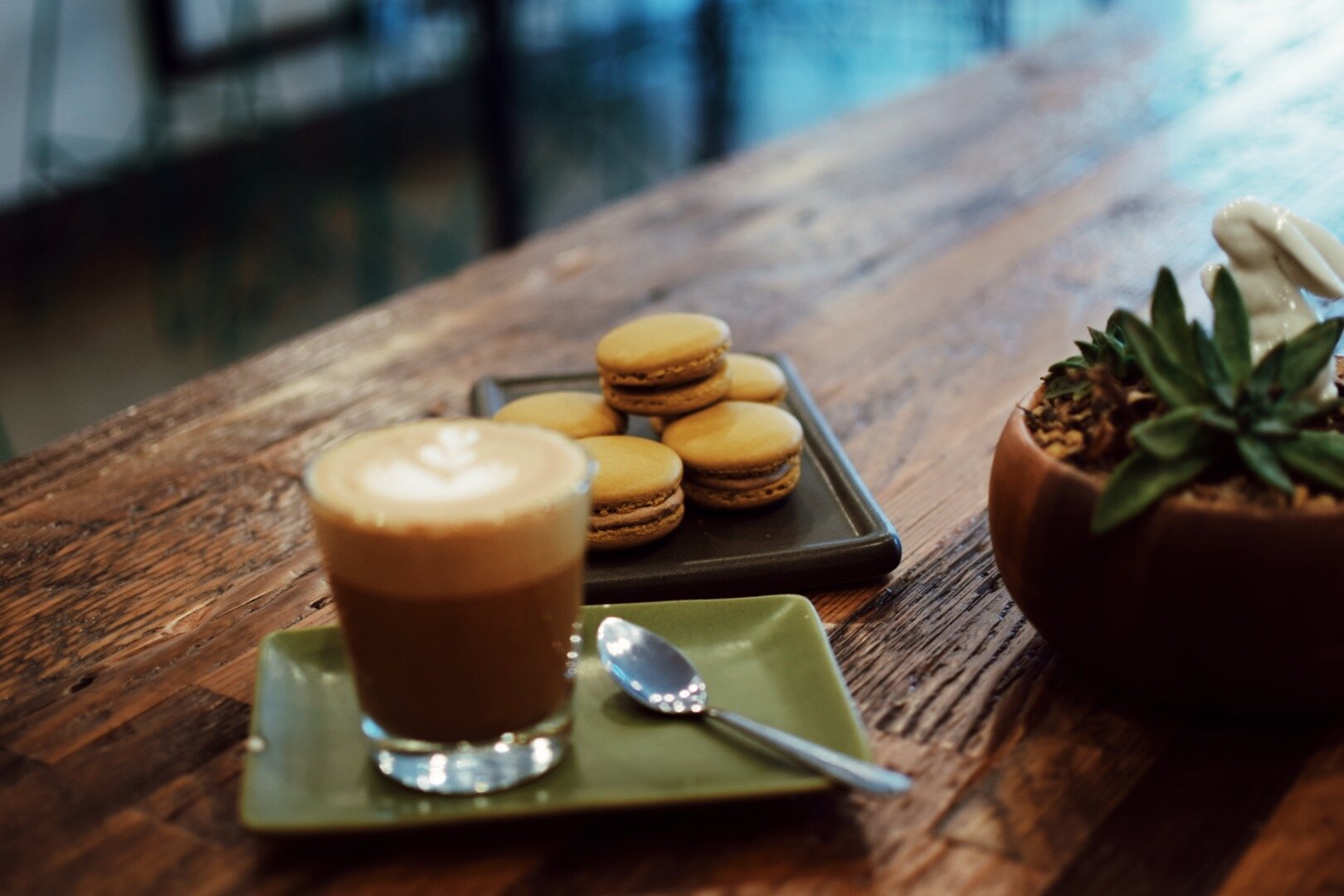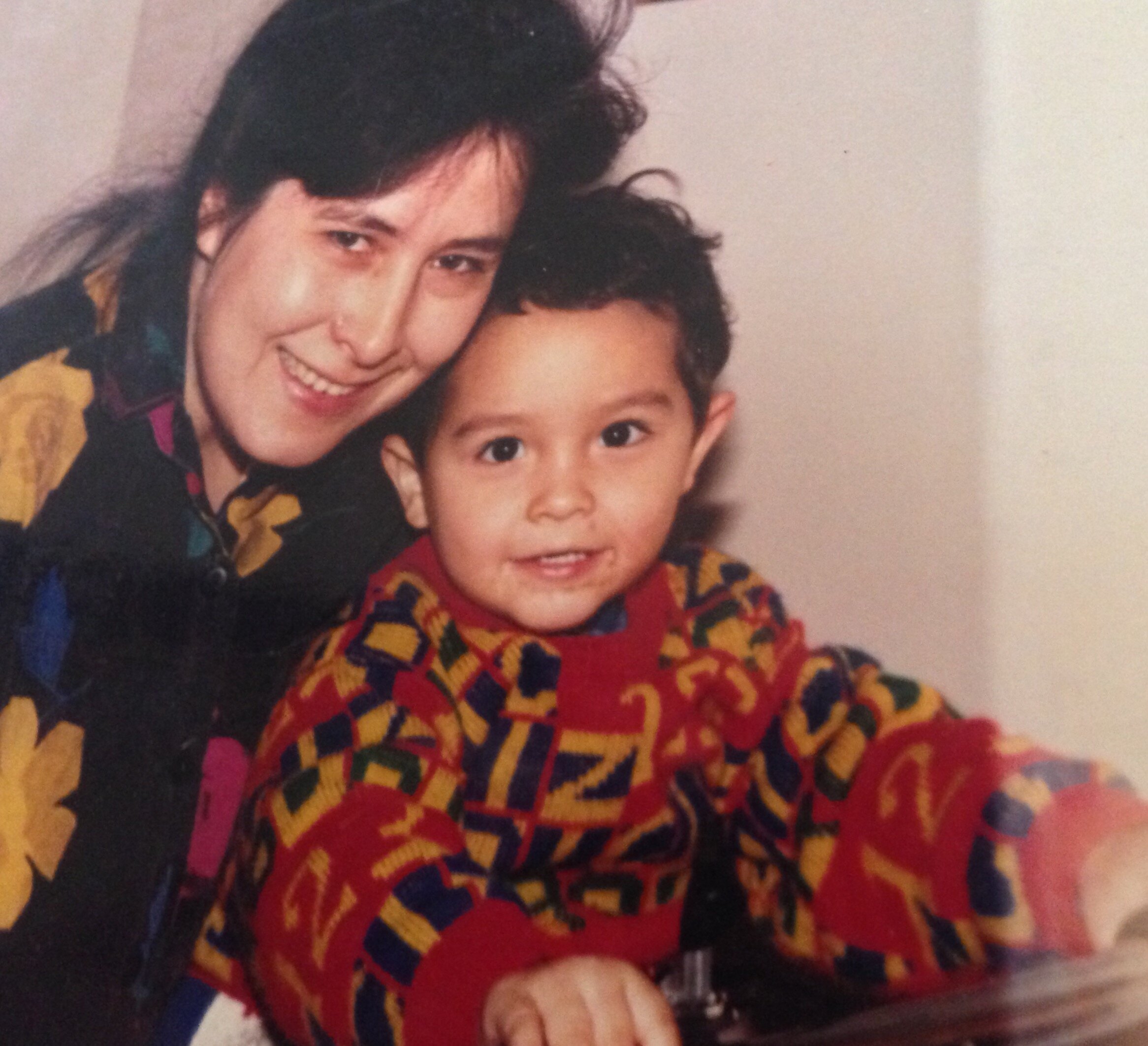C.S. Lewis considered Perelandra (the second book of his acclaimed Space Trilogy) his best work, and I’m inclined to agree. Beneath its surface, Perelandra is more than just speculative theology cloaked in a voyage to the planet Venus. Perelandra is a cosmic drama, and one that we are all a part of in our struggle between good, evil, and their respective definitions. And more so for me, it was a necessary distraction. I started reading Perelandra when I journeyed through a bout of deep depression several years ago. I had just returned home from a mission to Peru, and Ransom’s mission to an extraterrestrial tropical paradise fit me like glove. The jungles of Peru may as well have been an extra terrestrial experience, and like Ransom, I felt like I was supposed to empty out the ocean with a spoon.
Perelandra served as a means of escape to brighter more colorful world when the real world seemed so dark and gray; and vicariously I lived out the expectations of my own (arguably failed) mission through Ransom’s. It can be done. Next time I’ll try harder. I’ll do more. I will at least stay longer. 5 AM mornings with a glimmering view of Venus, the Morning Star on the eastern horizon would remind me of this as I would look towards Venus and assuredly whisper to myself “Perelandra.”
Back to the bake. Lewis describes en encounter Ransom has with a new type of fruit on Perelandra with sensations inexplicable with earthly terms.
“Now he had come to a part of the wood where great globes of yellow fruit hung from the trees--clustered as toy-balloons are clustered on the back of the balloon-man and about the same size. He picked one of them and turned it over and over. The rind was smooth and firm and seemed impossible to tear open. Then by accident one of his fingers punctured it and went through into coldness. After a moment's hesitation he put the little aperture to his lips. He had meant to extract the smallest, experimental sip, but the first taste put his caution all to flight. It was, of course, a taste, just as his thirst and hunger had been thirst and hunger. But then it was so different from every other taste that it seemed mere pedantry to call it a taste at all. It was like the discovery of a totally new genus of pleasures, something unheard of among men, out of all reckoning, beyond all covenant. For one draught of this on earth wars would be fought and nations betrayed. It could not be classified. He could never tell us, when he came back to the world of men, whether it was sharp or sweet, savoury or voluptuous, creamy or piercing. "Not like that" was all he could ever say to such inquiries. As he let the empty gourd fall from his hand and was about to pluck a second one, it came into his head that he was now neither hungry nor thirsty. And yet to repeat a pleasure so intense and almost so spiritual seemed an obvious thing to do. His reason, or what we commonly take to be reason in our own world, was all in favour of tasting this miracle again; the child-like innocence of fruit, the labours he had undergone, the uncertainty of the future, all seemed to commend the action. Yet something seemed opposed to this "reason." It is difficult to suppose that this opposition came from desire, for what desire would turn from so much deliciousness? But for whatever cause, it appeared to him better not to taste again. Perhaps the experience had been so complete that repetition would be a vulgarity--like asking to hear the same symphony twice in a day.”
So what was this mysterious deletable fruit Lewis describes? I’m sure he meant it to remain a mystery, yet something defined by the readers themselves. The Peruvian in me defines it as a larger, and more liquid Maracuyá (Peruvian passionfruit); and if you feel this is a blunt reduction of the culinary symphony Lewis describes, then I am inclined to believe you’ve never had Maracuyá in all its glory. And in this lucid dream mine in which Lewis is resurrected from the dead and invited to have a slice of cake with me, Lewis emphatically agrees with me that this is exactly what he imagined the Venusian fruit tasted like in his imagination. In this dream, Lewis and I play a wonderful game of philosophy and food tug of war… the kind of food and conversation that you can’t decide which is better… the lively animated discussion that opens up your mind and heart; or the delectable delicacy on your plate that opens up your senses and grounds you back to this planet that demands that you live in it. My hope would be that I wouldn’t even have to tell him that this White Chocolate Passion Fruit Genoise is inspired by Perelandra: Voyage to Venus. He would look at it, taste it, and he would already know.














